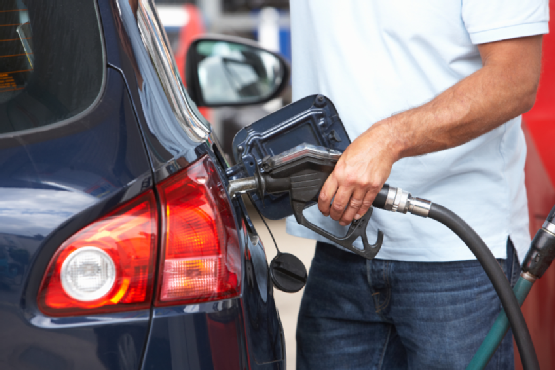When it comes to choosing between diesel or gasoline cars, many consumers get tangled up in many economic arguments. Regardless of models we choose, our selection should depend on our special circumstances and driving habits. We should thoroughly and carefully analyse real car usages, so we have clear understanding of what we need. To further complicate things, we also need to consider purely electric and hybrid cars. Some cars are often used as benchmarks to compare gasoline and diesel models. The Volkswagen Golf is a popular series and it is available in both diesel and petrol variants, many of them with identical specifications. This should be a good case study to consider both engine types.
In this case, we may consider the 2.0 TDI 140Hp diesel engine and 1.4 TSI 122Hp gasoline engine. VW Golf Match with both engines offer comparable performance. To simplify comparison, we could choose models only with manual gearboxes. Maintenance and service costs are generally comparable between these models, so the differences should really come down to the engine type. Golf Match with 1.4 TSI 122Hp gasoline engine has 40 percent resale price after three years. Fuel economy for urban environment is at 34.4mpg and fuel economy for combined environment is at 45.6 mpg.
Golf Match with 2.0 TDI 140 diesel engine has 45 percent resale value after three years. Fuel economy for urban environment is at 46.3 mpg and 58.9 mpg for combined environment. The diesel model is a few thousand dollars more expensive than the gasoline model, but it is also worth more after three years. However, the gasoline model could spend $2000 more in fuel after one year of usage, compared to the diesel model. The diesel model has better value if we have higher annual mileage, but the ideal mileage is about 10,000 miles per year.
The advantage of using diesel car is greater if our mileage is higher than that. But if we drive much less, lower than 5000 miles each year, then it is preferable to choose the gasoline model. We need to be more realistic on how we will use a car. In addition, gasoline engine is usually more powerful, making it more responsive especially at lower revs, allowing us to accelerate better at traffic lights. On the other hand, diesel cars are better are carrying heavy loads, since they have more torque.
With a bootful of luggage and full load of passengers, gasoline cars will start to struggle, especially when used for driving uphill. They will use more fuel and lose performance. Diesel engine is also suitable for steady-state driving on a highway and we can cruise along quite comfortably. In the same time, petrol engine requires more fuel for long-distance drive, because it needs to maintain momentum. Diesel engine produces more gas emissions for each liter of fuel burnt, but it is compensated with the fact that it burns less fuel to reach specific distance.

